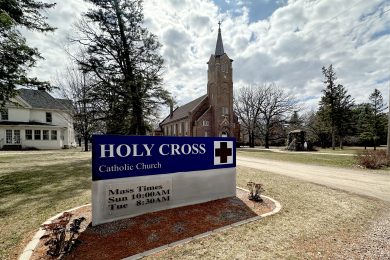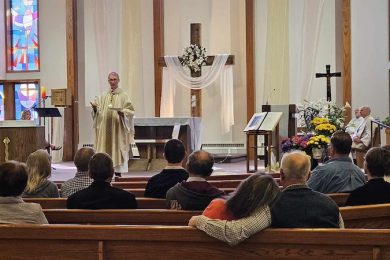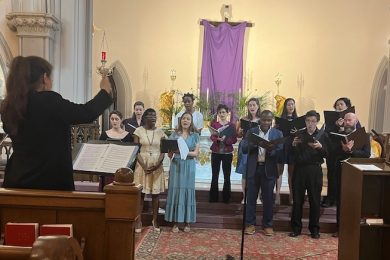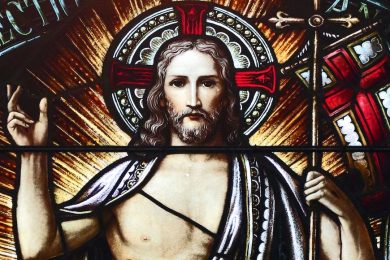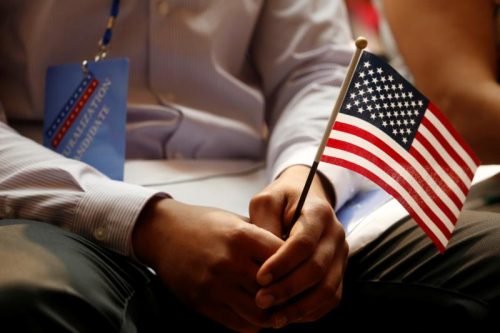We talk a great deal in this country about immigration, too often in language that is hostile or fearful. What we don’t talk about is emigration, the act of leaving one’s home.
A year ago, I stood on the farm my great grandfather left in southern Sweden. Barely a man, he left parents and siblings and struck out with blind courage. He never returned to whom and what he had left behind.

My father-in-law left poverty in postwar France to find his fortune in America. He returned to France only once, unable to attend the funeral of his mother and siblings. In his later years, he looked back with some pain on the implications of his decision, at times questioning its cost and the toll it took on him, even as he saw his children flourish in his adopted land.
All of us are the heirs of bravery, men and women who to took great risks to come to this country. Some came against their will. Others to seek their fortune. And many because they saw no other choice to support themselves and their family. Not all were as fortunate as our ancestors. They were brave too, yet the cost and the cruelties of emigration to this new land overwhelmed them.
A Polish poet once wrote that a man contemplates leaving his country with the same seriousness that he contemplates taking his own life. There is something dramatic about ordinary men and women turning their backs on the only thing they have known and making a leap of faith into the unknown without a net to catch them if they slip.
I saw a moving film this summer called “The Farewell.” The plot revolves around a Chinese-American family in New York that returns to China for a hurried wedding. The wedding is an excuse to bid farewell to the family matriarch who is the only one unaware that she has been diagnosed with a fatal cancer.
It is, among other things, an exploration of the sacrifices of leaving what one knows for what is unknown and demanding. For parent and for child, emigration to the new land comes at a high cost that is only articulated in the awkward and painful moments of a family reunion.

There is not regret, exactly, but perhaps a clearer sense of the price paid. The penultimate scene of the family waving goodbye to the grandmother they expect never to see again and heading to the airport is a tender acknowledgment of the cost of their courage.
“The Farewell” is a reminder of what people will risk to better their existence. Some of these dangers are physical. Some are psychological. Some thrive in their adopted land. Some do not. All are permanently changed.
One of the rich values of art is its ability to help us empathize in the plight of another. In a book or a painting or a film, we enter the life of another and see the experience through their eyes.
The political debates surrounding immigration will not abate anytime soon, and good people can disagree about how best we are to do our Christian duty to welcome the stranger and shelter the exile.
But “The Farewell” was a reminder of what that stranger, that exile, endures. And if we are unable to empathize with, and marvel at, the courage of that brave Swedish lad who fled drought and poverty 150 years ago, or the father and daughter who died in the Rio Grande seeking a better life, then it is we who are the poorest of all.

